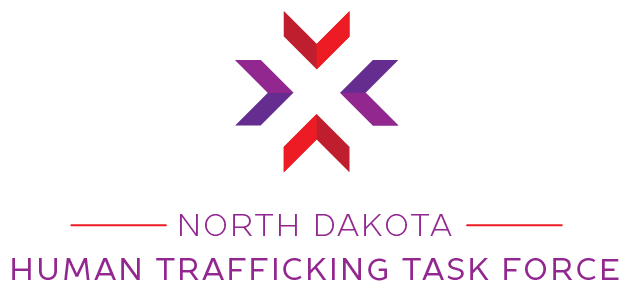The most powerful session of the 2025 Bakken Human Trafficking Summit came from those with lived experience. In a rare and moving keynote, survivors of human trafficking shared their stories—not for shock value, but to show what it means to endure, to escape, and to rebuild.
Their courage offered more than testimony; it was a call to action for every system and every attendee in the room.
Key Takeaways
Human trafficking doesn’t always look like the movies.
There are no chains, no dramatic rescues. Survivors spoke about being trafficked by someone they knew and trusted. About manipulation that started early. About being moved from one kind of exploitation to another—slowly, invisibly.
“It didn’t feel like trafficking. It felt like surviving.”
Survivors often don’t realize what they’re living through—until much later.
Several panelists described years of not knowing what to call their experiences. The lack of language, awareness, and supportive adults meant they blamed themselves or stayed silent.
“I didn’t know I was a victim. I thought I was the problem.”
Being seen and believed changes everything.
Survivors recalled moments when a single professional—a nurse, teacher, or advocate—asked the right question, made them feel human, or didn’t look away. These moments didn’t always end the trafficking, but they planted seeds of trust and hope.
“Someone saw me. They didn’t fix it, but they didn’t ignore it either.”
The system can retraumatize.
While many survivors received life-changing support, they also described feeling dismissed, judged, or criminalized. Barriers to services, misunderstanding of trauma, and lack of follow-through can do more harm than good.
“It wasn’t just the trafficker. It was the silence around me.”
Healing isn’t linear—and it never really ends.
Panelists emphasized that survival isn’t the end of the story. There’s rebuilding. There’s grief. There’s advocacy, parenting, work, fear, and joy. They urged providers to meet survivors where they are—not where systems expect them to be.
“Healing isn’t about being fixed. It’s about being free to feel again.”
What This Means for North Dakota
This session reminded us: trafficking is not just an issue to solve—it’s a human experience to witness. Survivors are not statistics or headlines. They’re people, living in our communities, working, parenting, advocating—and still navigating trauma that systems too often overlook.
To truly respond, we must:
Listen more than we speak.
Believe more than we doubt.
Ask, “What happened to you?” instead of “What’s wrong with you?”
Their stories were not shared lightly. They were shared in hope that those in the room—law enforcement, social workers, nurses, educators, community members—will carry their voices forward.
Not as a moment. As a mandate.

